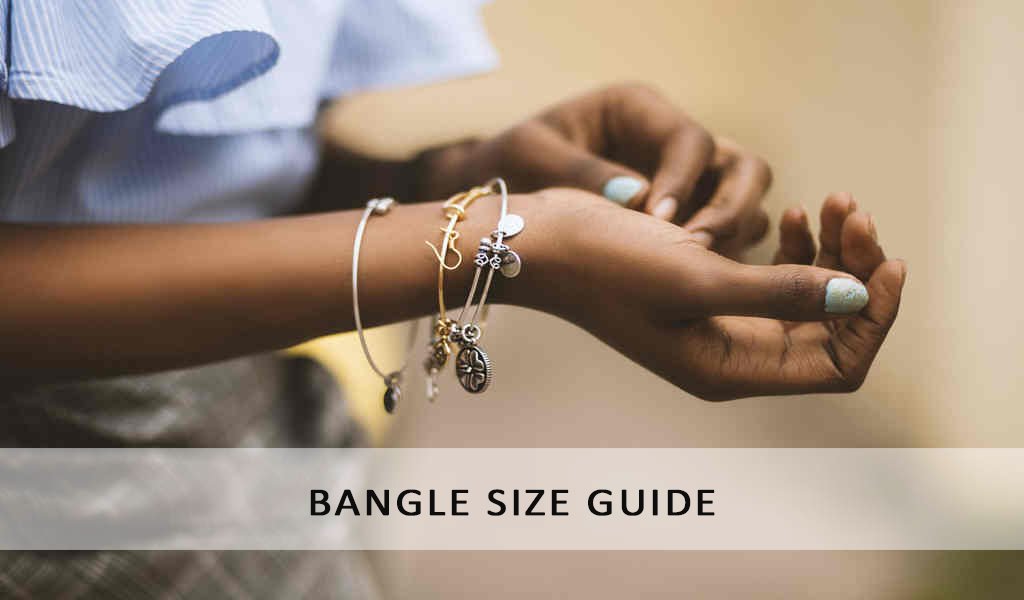Giva-New-35 - What Is The Best Way To Plan Your Wedding Budget?

What Is The Best Way To Plan Your Wedding Budget?
Before the excitement of wedding planning takes over, setting a clear budget is essential to keep your vision aligned with your finances. From the venue and catering to outfits and décor, every detail comes with a cost and without a plan, expenses can quickly spiral. This guide will help you approach your wedding budget with clarity, offering practical tips on how to allocate funds, cut unnecessary costs, and handle the unexpected. Whether you're planning a lavish celebration or a small gathering, a thoughtful budget ensures your special day stays beautiful without breaking the bank. Let’s explore the best strategies to keep your wedding day both affordable and extraordinary!
Key Steps For Wedding Budget Planning
1. Setting a Realistic Wedding Budget: The Foundation of Planning
Start by determining how much you can comfortably spend
on your wedding, including contributions from family, friends, or savings. Be
honest about your financial situation to avoid exceeding your budget. A
realistic budget helps you make better decisions and reduces stress throughout
the planning process.
2. Smart Budgeting: Prioritizing Your Wedding Essentials
Identify your most important wedding aspects venue,
catering, photography, and attire and allocate more funds to these areas. Be
willing to make compromises in other categories. For instance, if a top-tier
photographer is crucial, consider cutting costs in decor or favors.
3. Breaking Down Your Budget: A Strategic Approach
Once you have a total budget, divide it into categories
such as venue, catering, attire, flowers, decor, entertainment, and
photography. This breakdown helps you track where your money goes and ensures
you don't miss smaller costs. A spreadsheet or wedding budget app can help keep
everything organized.
4. Cost Research: How to Get the Best Value for Your Wedding
Research typical costs in your location for each
category. Request quotes from multiple vendors and use wedding budget
calculators or advice from planners to guide your decisions. This helps avoid
surprises and ensures you're prepared for expected costs.
5. Stay on Track: How to Monitor and Update Your Spending
Monitor every expense to stay within your budget. Use
tools like spreadsheets, wedding apps, or notebooks to keep track of payments.
Regularly update your budget as you make commitments to stay on top of your
finances and adjust if you're nearing your limit.
6. Preparing for the Unexpected: The Importance of a Contingency Fund
Set aside 5-10% of your total budget for unforeseen
expenses. This fund will cover unexpected costs like last-minute vendor price
changes or extra decor additions, ensuring you're financially prepared for
surprises.
7. DIY and Budget-Friendly Options: Keeping Your Wedding Stylish Yet Affordable
Reduce costs by taking on DIY tasks, such as making
favors or floral arrangements. Choose less expensive alternatives, like
seasonal flowers, a simpler wedding dress, or minimalistic decor. These
strategies help keep costs low while maintaining style.
8. Negotiating with Vendors: Getting More for Less
Don't hesitate to negotiate prices with vendors,
especially if you're booking multiple services. Many vendors offer package
deals or discounts. Be upfront about your budget and ask for discounts or
alternative options to keep costs in check.
9. The Guest List Dilemma: How to Manage Costs and Cut Back
The number of guests directly impacts your budget,
especially in catering, venue, and transportation. Limit your guest list to
close family and friends to avoid unnecessary costs and keep your wedding
budget manageable.
10. Flexible Budgeting: Adjusting as You Go Without Losing Focus
As wedding planning progresses, regularly review your budget to ensure it aligns with your evolving vision. Adjust as needed, reallocating funds where necessary, and factor in any last-minute costs. A flexible budget allows you to adapt to changes without straining your finances.
Smart Tips for a Budget-Conscious Wedding:
1. Pick an Off-Peak Wedding Date
2. Keep the Guest List Short and Sweet
3. Choose a Smaller, Budget-Friendly Venue
4. Get Creative with DIY Wedding Decorations
5. Go Digital with Invitations
6. Negotiate Deals with Vendors
7. Rent or Borrow Wedding Attire
8. Opt for a Simple Menu or Buffet Style
9. Pick In-Season, Affordable Flowers
10. Maximize Wedding Gifts to Offset Costs
Forever Starts Here: Investing in Wedding Jewellery with Meaning
Wedding jewellery plays a vital role in a bride’s ensemble, enhancing both elegance and tradition. The right jewellery not only complements your bridal attire but also reflects your personal style. Focus on selecting pieces of high quality and versatility, so they can be worn for future occasions as well. Here are some popular types of wedding jewellery:
- Necklace: From bold statement designs to delicate pieces, necklaces can beautifully frame the neckline.
- Earrings: Whether traditional jhumkas or modern studs, earrings add the perfect finishing touch.
- Bangles: Opt for classic gold, Kundan, or diamond bangles to bring timeless elegance.
- Maang Tikka: A regal accessory that adds a touch of royalty to the bridal look.
- Rings: Choose from elegant bands or intricate designs to add a personal touch to your wedding jewellery.
Frequently Asked Questions
1. Is 10-lakh enough for a wedding?
For a middle-class Indian family, a 10-lakh budget can be sufficient for a wedding.
2. How do I start the wedding budget?
Start by setting up a dedicated wedding savings account.
3. What is the cheapest month to get married?
January, March, and November are generally considered
more affordable months for weddings.
4. What is the minimum budget for a wedding?
- Venue: ₹1 lakh to ₹3 lakh
- Decoration: ₹1.5 lakh to ₹3 lakh
- Catering: ₹600 to ₹1000 per plate
Conclusion
In conclusion, planning your wedding budget is essential
for creating a beautiful, stress-free celebration. By setting a realistic
budget from the beginning, prioritizing key expenses, and tracking your
spending, you can stay organized and avoid overspending. Remember, sticking to
your budget doesn’t mean sacrificing style or what matters most to you. Focus
on what’s essential and allocate funds wisely to make your dream wedding come
true.
With thoughtful planning and some flexibility, you can
navigate the wedding process without breaking the bank. Consider cost-saving
strategies like DIY projects, limiting the guest list, or choosing an
off-season date. By staying mindful of your budget and making informed
decisions, you can enjoy an unforgettable wedding that aligns with both your
vision and finances.
Thank you for reading! We hope you found this blog useful and helpful.
















